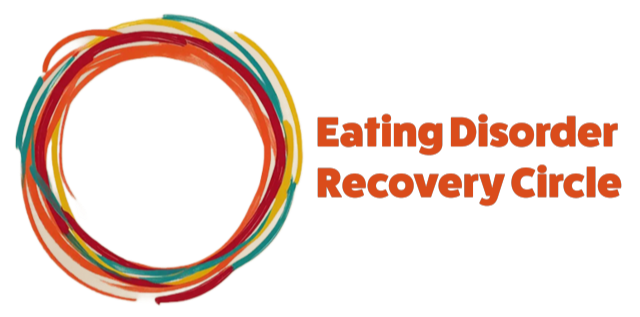How to Tell Someone You Have an Eating Disorder
Mar 08, 2025Admitting that you have an eating disorder can feel overwhelming. You might worry about judgment, misunderstanding, or not being taken seriously. You might even feel like you don’t deserve support or that your struggles aren’t "bad enough" to justify speaking up.
But the truth is: You deserve support, no matter where you are in your recovery journey. Speaking up is a powerful step toward healing, and the right people will want to support you.
If this brings up fear, anxiety, or self-doubt, check the Feelings Navigator for tools to help process these emotions.
Step 1: Decide Who to Tell First
Not everyone will understand, and that’s okay. Start with someone you trust.
🔹 A close friend
🔹 A family member
🔹 A teacher, coach, or mentor
🔹 A therapist or doctor
💡 If you’re unsure who to tell, ask yourself:
✔ Who usually listens to me without judgment?
✔ Who has supported me in other difficult times?
✔ Who do I feel safest with?
📌 If you’re unsure how to start, The Circle is a safe space to practice opening up with others who understand.
Step 2: Plan What You Want to Say
Speaking about your eating disorder for the first time can feel messy. It’s okay if you don’t have the perfect words. But having a basic script can help.
🔹 Keep it simple and direct:
✔ “I’ve been struggling with my relationship with food, and I need support.”
✔ “I think I have an eating disorder, and I don’t know how to handle it alone.”
✔ “I want to talk to you about something really important, but I’m scared.”
🔹 If you’re not ready to say it out loud, write it down.
You can send a text, letter, or email if speaking feels too hard.
📌 If fear of judgment is holding you back, check the Feelings Navigator for tools on managing anxiety.
Step 3: Help Them Understand What Support Looks Like
Many people want to help but don’t know how. Instead of assuming they’ll understand, tell them what you need.
✔ Explain what triggers you.
“It’s really hard for me when people talk about diets, weight, or calories. Could you help steer conversations away from that?”
✔ Ask them to support you in social situations.
“If someone starts discussing dieting, could you help change the subject?”
✔ Let them know what is NOT helpful.
“Please don’t comment on what I eat or my body, even if you think it’s positive.”
💡 The clearer you are, the more they can help.
📌 If social situations feel overwhelming, check in with The Circle for support and advice.
Step 4: Prepare for Different Reactions
Not everyone will respond how you hope—but their reaction does not define your truth.
✔ If they’re supportive: Accept their help. Let them in. You don’t have to do this alone.
✔ If they don’t understand: That’s okay. Some people need time. You can direct them to resources that explain eating disorders.
✔ If they’re dismissive or unhelpful: Their reaction is about them, not you. Keep reaching out to someone who will listen.
💡 If they ask how to help, be honest about what you need:
✔ “Please don’t comment on my food or body.”
✔ “I just need someone to listen.”
✔ “It would help if you checked in on me sometimes.”
📌 If their response makes you doubt yourself, check in with The Circle for reassurance.
Step 5: Keep the Conversation Going
Telling someone once isn’t the end of the process. Eating disorder recovery requires ongoing support.
✔ Give them time to process. They may have questions or need to learn more.
✔ Check in again. If they seem unsure how to support you, guide them.
✔ If you feel ignored, try someone else. You deserve to be heard.
💡 Recovery is easier when you have people in your corner. Keep building your support system.
Step 6: Find Support Outside Your Circle
Not everyone in your life will understand eating disorders—but that doesn’t mean you’re alone.
🔹 Join a recovery community. Inside The Circle, others have been where you are and can offer support.
🔹 Work with a recovery coach or therapist. Professional guidance can help when personal conversations feel overwhelming.
🔹 Listen to recovery podcasts or read recovery stories. Seeing others speak openly about their journey makes it feel more possible for you.
When to Seek Extra Support
If telling someone feels impossible or if you fear they won’t take you seriously, reach out in The Circle first. You don’t have to do this alone.
Next Steps
🌟 If fear of speaking up is overwhelming, visit the Feelings Navigator for tools on managing fear and self-doubt.
🌟 If you’re struggling with self-doubt, read How to Ask for Support Without Feeling Like a Burden.
🌟 Join The Circle for support.
Final Reminder
🚀 Speaking up is brave. It is healing. It is how you reclaim your life.
Even if the first conversation feels hard, each one will get easier. Keep talking. Keep reaching out. You are not alone. ❤️

